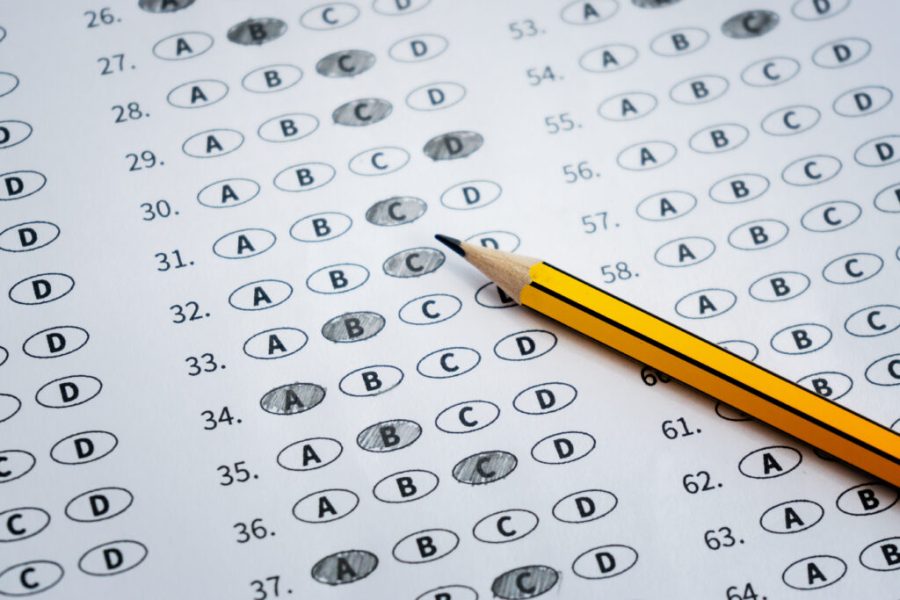The SAT: An Outdated Institution with Major Issues
Image by Shutterstock
March 16, 2023
The Scholastic Aptitude Test (SAT) dates back almost one hundred years, a terrifying fact that often gets shoved under the rug. Evolving from an Army IQ test, the SAT has seen little changes over its long history. This country has seen massive advances in technology and many other facets of our culture, so advancing the college entrance exam seems like a good idea. Although many think it’s not an adequate measure of a student’s knowledge and understanding of a topic, few people go out of their way to oppose the SAT.
Joseph Soares, a sociology professor at Wake Forest University, worked with an investigative reporter from NC Policy Watch back in 2012, to critique the use of standardized tests in the college admission process. Soares primarily argued that independent experts, as well as the testing organizations themselves, agree that test scores have never been a greater indicator of college grades than high school grades. He also highlights that it is a misconception that the statistical advantage of high school grades over standardized tests is reduced or eliminated due to grade inflation or quality differences between high schools.
Soares’ main goal was to spread his ideas largely to other educational institutions and people who hold power in the industry. According to their research, from 2009 to 2015, there was a 16% increase in test-optional colleges rising from 750 to 870. This number made up 40% of all four-year degree-granting colleges in the country. The dramatic increase demonstrates how colleges are starting to find better ways to measure students’ knowledge and learning. Many of America’s top universities are among this 40%, and the other 60% of colleges are ignorant and dismiss other possibilities for assessing students. The good news about the development of the SAT is that for the fall of 2023, the number is now 80% of four-year colleges in the United States that will not require either the SAT or the ACT. This is a very important step in moving on to a more modern form of educational measurement. Since many schools are test-optional, practice SATs and ACTs should no longer be enforced among high schools and students should no longer be pressured into taking the tests.
Another important issue is that the socioeconomic difference between the millions of students across the country accounts for discrepancies in scores because of the resources available. Disadvantaged students cannot afford expensive studying benefits that more privileged students have access to. Not only is there a difference in resources for studying, but the test discriminates against lower-income students. There used to be a few questions that included sports like Crew and Marathon running, which are often done exclusively by higher-income students. These specific questions have since been removed.
High school students around the country widely agree that these tests are outdated and should be changed, if not abolished entirely. Will educational institutions listen?


